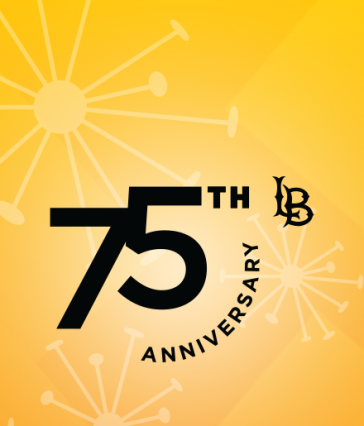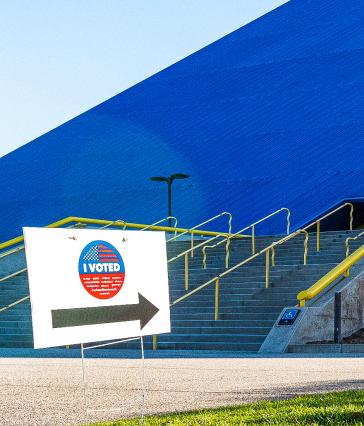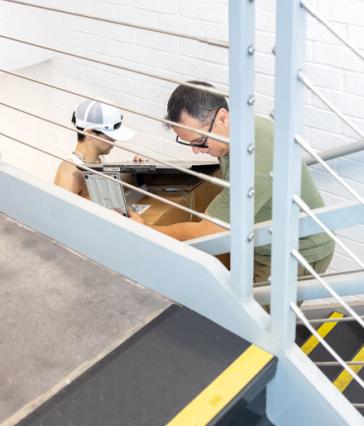CSULB advancing tribal relations, repatriation of Native American objects
Cal State Long Beach is continuing to make significant strides in advancing Native American tribal relations on campus and beyond. The notable efforts to engage with tribes – and comply with federal and state laws regarding CSULB’s collections – are making a difference.
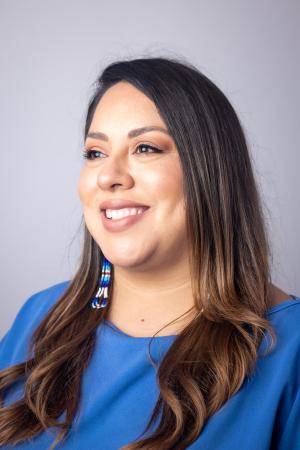
“I feel as though we have come a long way in a year, and that’s due to the strong community here at CSULB,” said Thalia Gomez, who joined The Beach in August 2023 as the university’s first director of Tribal Relations. “CSULB has been at the forefront in these efforts in the CSU system. We still have a lot of work to do, but I am positive we can continue to make great strides toward achieving full repatriation.”
CSULB is required by the Native American Graves and Protection and Repatriation Act (NAGPRA) and Cal NAGPRA, as well as recent state laws – AB 235 and 389 – to identify, inventory and ultimately repatriate objects and ancestors to original tribes whenever possible. Additionally, this year AB 389 required the campus to end all teaching and learning activities utilizing campus collections with a renewed focus on outreach to tribal communities for consultative repatriation.
This month, the university hired Miztlayolxochitl “Miztla” Aguilera ‘20 as tribal cultural collections manager to help continue the university’s work.
Aguilera, who started with the CSULB’s office of Tribal Relations on Aug. 5, will care for the university’s cultural collections, as well as oversee NAGPRA and Cal NAGPRA compliance under the office of Tribal Relations. She previously served as the Cal NAGPRA program manager for the Fowler Museum at UCLA.
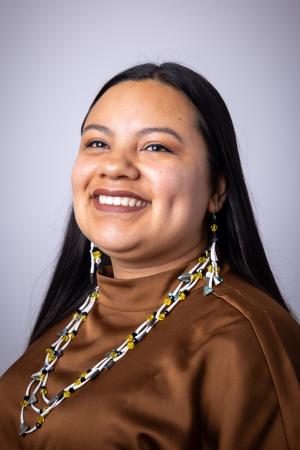
Currently, CSULB’s collections – which include ancestors, pottery, baskets, shells, faunal remains and midden – continue to be inventoried in consultation with tribal communities to ensure completeness of custody records and availability for repatriation. Some of these items were transferred to the university from Cal Trans or the Army Corps of Engineers, who came across the objects while doing their work in California.
To date, approximately 70% of the university’s holdings have been repatriated to tribes, according to a 2023 state auditor’s report.
Aguilera’s arrival and the ongoing repatriation work are among the meaningful activities over the past year to enhance communication and trust with tribal communities. Gomez has held 27 consultations with tribes and meets with other NAGPRA representatives in the CSU system monthly. She said these meetings, along with other workshops and conferences, have been very helpful in navigating compliance with myriad state and federal requirements.
“We are grateful for Cindi Alvitre - the university's former NAGPRA coordinator - and American Indian Studies faculty members, as well as the Native community and alumni, who carried this work prior to us coming aboard," Gomez said.
“Everyone generally really cares to see NAGPRA carried out in a respectful manner,” Gomez added. “The community has received me as the director of Tribal Relations in a very positive way, and I am very thankful and optimistic about the things we can achieve together here at CSULB.”













